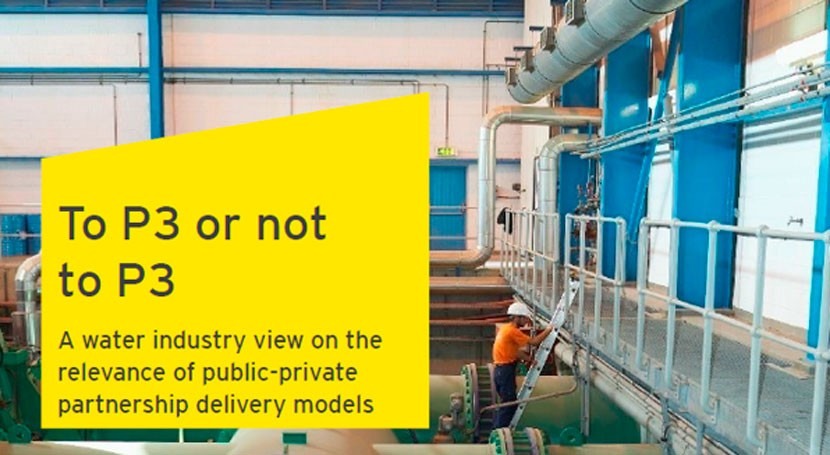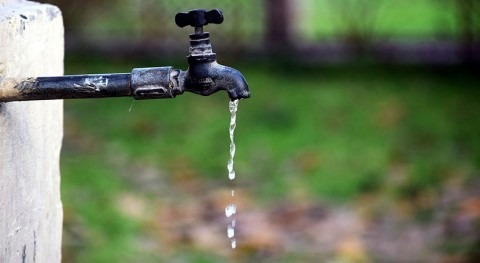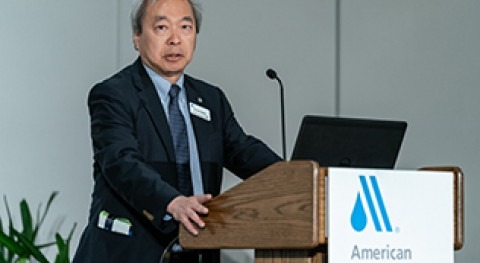The American Water Works Association (AWWA) and Ernst and Young Infrastructure Advisors, LLC (EYIA) released a new report about the use of public-private partnerships as an alternative delivery model for the continued safe and uninterrupted supply of water and wastewater services.
The report, “To P3 or not to P3,” is a water-sector view about the perceived relevance and outlook of public-private partnerships (P3s) in the municipal water and wastewater sector. The report presents results and insights from a joint AWWA/EYIA study of P3s as an alternative delivery model to address infrastructure repair and replacement costs, affordability concerns, environmental regulation and demographic changes, and long-term risk and resilience in response to extreme weather events and climate trends.
The survey defined a traditional delivery method for developing and constructing an asset as one in which the risks are maintained by the public sector. A P3, in contrast, is a performance-based contract that allocates risks to the party best suited to manage them. It links public-sector payments to contractual performance obligations of the private-sector partner.
EYIA, an EY member organization, conducted a 2018 survey of AWWA’s municipal water and wastewater system members in the U.S. and Canada to determine their understanding of and interest in P3s. Participants responded to questions about perceived benefits and barriers of P3s, views of private financing, and types of projects most suitable for P3 delivery.
“Survey results show that municipal utilities are well-informed about options for water infrastructure delivery, and they understand the concept of public-private partnerships,” said Tracy Mehan, AWWA’s executive director of government affairs. “They view P3s as a strategy to bring additional resources, skills and project delivery experience to specific subjects, rather than replacing existing services.”
Stephen Auton-Smith, EYIA managing director, said that although P3s currently are not widely used in the water sector, they provide potential advantages for municipal utilities in certain circumstances.
“A P3 delivery model is more likely to be used in infrastructure areas where municipal utilities do not have the capacity or experience to deliver and maintain assets using their existing staff and resources under traditional methods. As the water sector increasingly invests in advanced wastewater treatment, energy recovery, potable water reuse, desalination and other complex infrastructure, P3s will have a key role to play in advancing a number of these critical projects,” Auton-Smith said.



















